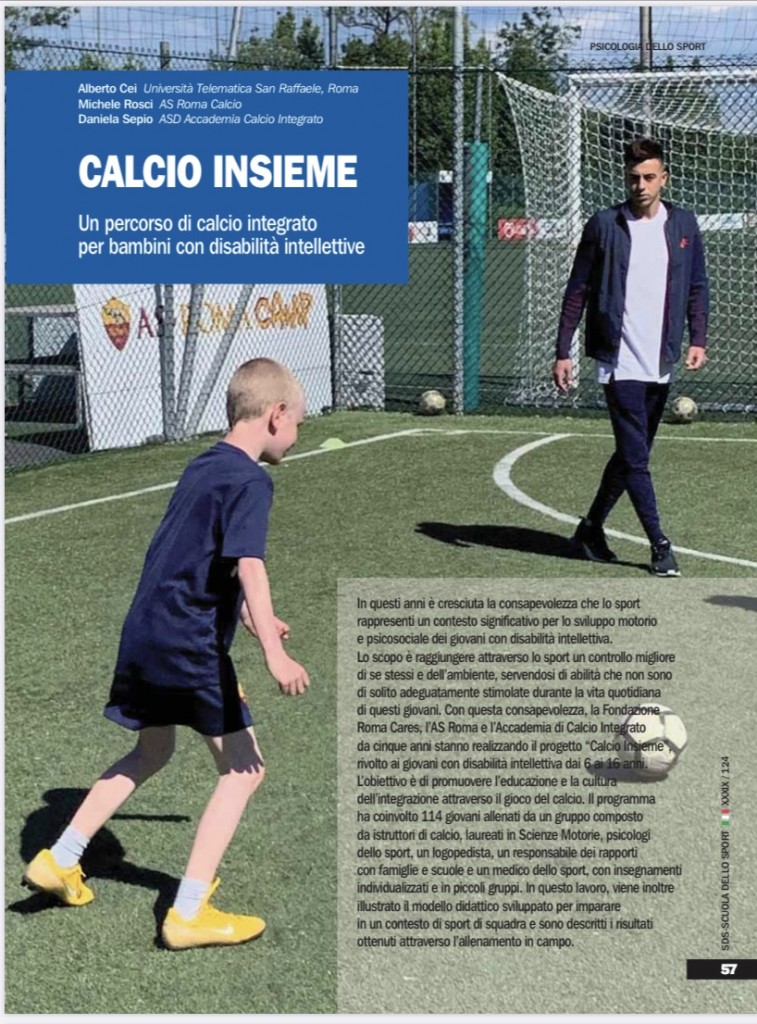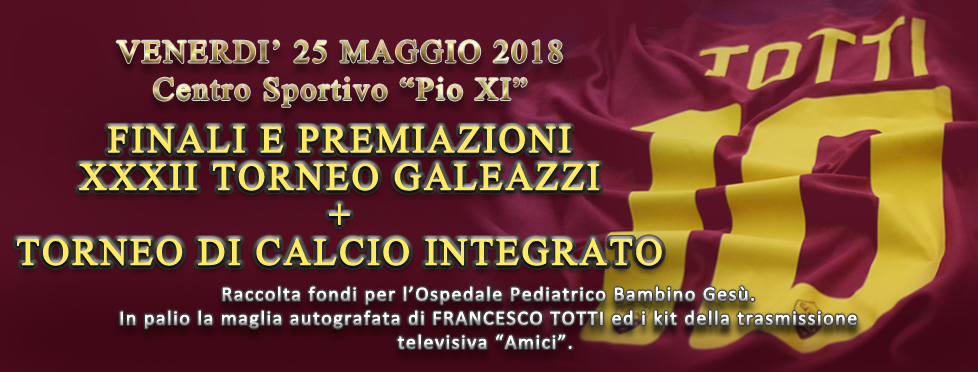For a long time, the involvement and full realization of people with disabilities, considered the largest minority in the world, have been an international research and development priority. Thanks in part to specific studies, an awareness has developed that sports and, more generally, motor activity are a decisive tool for promoting their psychosocial and motor development. From this perspective, people with disabilities are no longer considered people to be helped, but citizens to be granted rights and choices. Developing motor and sports activity in children with physical or intellectual disabilities thus makes it possible to reverse their predominantly sedentary condition, achieving great benefits at the physical level, in cognitive processes, in affective life and in their relationships with peers and adults. The little research conducted so far shows that, at the motor level, children with disabilities are much less active than their typically developing peers and that the percentage of sedentary individuals increases as they get older. Despite the evidence and despite the fact that sports turn out to be an effective support to the therapies in which they are involved, the spread of motor activity programs dedicated to them is still marginal.
The “Football Together” project
Soccer is the most loved and practiced sport for girls and boys all over the world, but for young people with intellectual disabilities, opportunities to experience it as a normal educational and playing experience are rare, if not completely absent. This situation results in a glaring gap in access to sports: a vital resource, as established by the Declaration of Human Rights. In light of the fundamental role that sporting activity plays in the physical and behavioral development of young children, especially when practiced in teams, the phenomenon emerges as a critical factor of social exclusion, particularly if we consider the magnitude of this juncture: the practice of sports for young people with intellectual disabilities is still little widespread and studied, not only in Italy but worldwide. Most experiences concern specific motor activities such as running and water activities: on the other hand, there is no similar practice in the area of team games and within soccer clubs. Indeed, there is a widespread belief that young people with intellectual disabilities struggle to relate to others and to be part of a team. For this reason, so far, individual sports have been favored.
With the aim of changing this perspective, in 2015 AS Roma launched, in collaboration with the Integrated Football Academy, the “Calcio Insieme” project, aimed at affirming the right of boys and girls with intellectual disabilities to experience sports as a moment of psychological, social and motor growth, just like their peers. These days we have reached the end of the seventh year of activity.
An activity to be planned and carried out safely and professionally
The success of such a project depends on many factors: the competence of the staff, the specificity of the educational program, the involvement of schools and families, and the proper evaluation of the motor and psychological condition at the beginning and end of each year of training. This methodological approach overcomes the idea that offering them the opportunity to practice a sport is in itself a sufficient measure. Approaches of this kind, combined with the lack of expertise of the practitioners, have prevented the improvement of the sports proposal and the comparison of sports experiences of this kind with each other.
In order to develop a project aware of the risks in terms of safety and health of participants and meet the needs of the children and their families, AS Roma and the Academy of Integrated Football formed a staff composed exclusively of graduates in motor sciences, some already Roma instructors, sports psychologists, a speech therapist, a doctor, a person responsible for relations with families and schools, a scientific director, a technical director of A.S. Roma and a person responsible for the project and institutional relations. All participated in a training course to learn about the profiles of intellectual disability and to define the sports activity program and evaluation criteria. Initially the project involved 30 boys and girls aged 6 to 12, but later the number grew to 80 young people aged 6 to 18, divided into groups according to their functional abilities. Among them, 20 children with problems such as no speech, extreme difficulty interacting with new people and situations, severe motor difficulties and oppositional behavior have a dedicated instructor or psychologist, while for the others, groups have been organized.
The results of a scientific approach
Studies conducted on program outcomes and published in scientific journals show significant improvement in basic motor skills such as walking, running, rolling, jumping up, catching a ball, and balancing. From a psychosocial point of view, at the end of the first year, young people with improved functional conditions demonstrated the ability to play with instructors and peers, to complete activities, and to be substantially active throughout each training session. Children with more severe problems also improved but showed greater difficulty in completing drills. They have learned to kick the ball and recognize the goal, but many of them need to have the technician or psychologist next to them at all times and can sometimes have crises that prevent them from continuing the activity.
The results achieved by the staff are evidenced by the integrated training sessions with the boys and girls of the A.S. Roma soccer school and the five-a-side soccer matches, with each of the two teams consisting of three boys with disabilities and two with typical development. These experiences are a time of great satisfaction not only for the young people involved but also for the staff, parents and the boys of the Soccer School.
Important results in terms of the development of motor and psychological skills have also come from the summer camps and the “Cub Scouts Grow Up” group, which includes boys and girls aged 13-18 with the potential to play five-a-side soccer matches and participate in youth tournaments for young people with intellectual disabilities.









